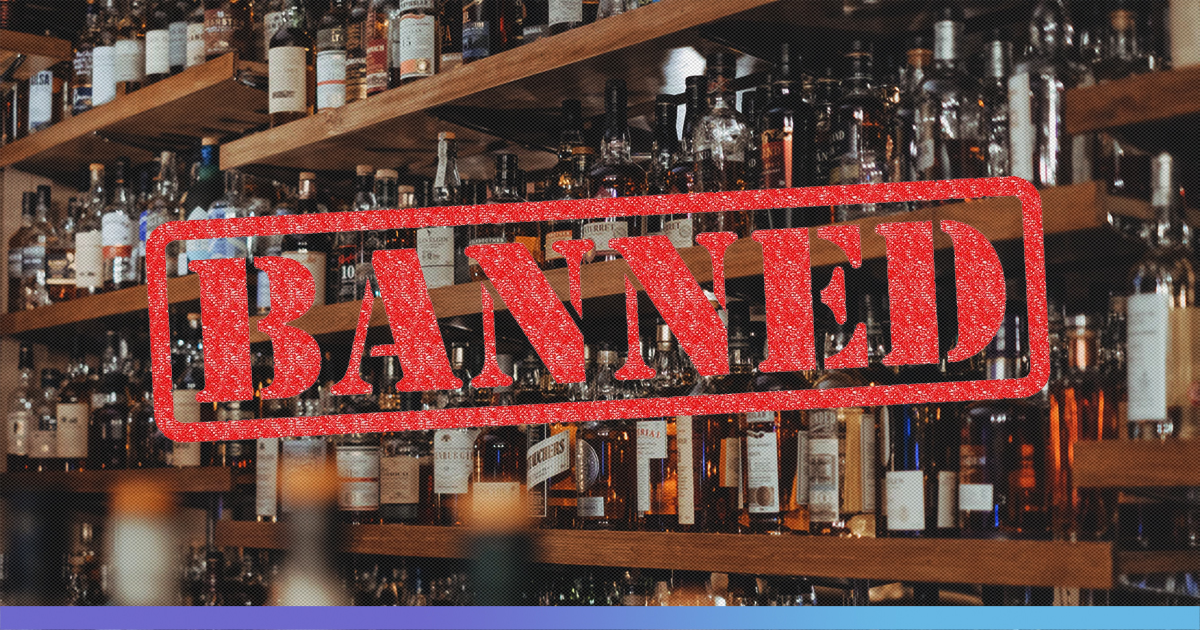Come Monday and alcohol will not be available in Mizoram. State Excise and Narcotics Minister K. Beichhua said the MNF government had taken the step to save future generations from the menace of alcohol and drugs, and establish a clean Mizo society.
Fulfilling its pre-poll promise, the Mizo National Front (MNF) government last week unanimously passed the Mizoram Liquor (Prohibition) Bill, 2019 to again ban the sale and consumption of alcohol in the northeastern state after four years. The ban comes into force from April 1.
Beichhua said the state government stands to lose Rs 70 crore annually in revenues following the decision. “But the loss of revenue is much less than the loss of human life and suffering. Larger societal benefit is more vital,” Beichhua told IANS in a telephonic interview.
The Minister said that the MNF government had decided to ban production, import, sale and consumption of liquor for the common people, except defence personnel and those with medical needs.
“Separate licences will be issued to defence personnel who can consume liquor. People under treatment would be allowed to drink only if it is prescribed by a doctor, Beichhua said.

The state government is yet to decide on whether or not to allow domestic and foreign tourists to drink.
Vendors say that the liquor ban has resulted in piling stocks as purchases had been made till the end of the current fiscal (2018-19) and a loss of Rs 4 lakh per day.
Meanwhile, the Election Commission has asked the Mizoram government not to notify the Liquor Prohibition Act till the Lok Sabha elections are officially over on May 27.
Mizoram Chief Electoral Officer (CEO) Ashish Kundra said the Commission’s request had been communicated to the state Excise and Narcotics Department.
Beichhua said the state government has sought some clarification from the Election Commisssion in the matter and will take a final call after getting its reply.
Mizoram was a dry state for about 18 years, until the Congress government in 2015 lifted the ban on sale and consumption of alcohol. Liquor shops thus started thriving in the Christian-dominated state.
Beichhua claimed several hundred people, mostly young men, died of alcohol consumption and in road accidents after the ban was lifted. However, Chief Minister Zoramthanga at a public meeting in Aizawl recently claimed that about 6,000 people died post the policy change.
In fact, some political pundits blame Congress’ liberal liquor policy for its debacle in last year’s Assembly elections.
The party did not pay heed to the public and Church bodies’ call to ban liquor because of the rise in alcohol-related deaths,” political analyst and writer R.L. Sailo told IANS.
Instead, it justified revoking the ban stating that it generated revenue and prevented consumption of spurious liquor as well as smuggling of liquor from neighbouring Myanmar and other northeastern states.
Prohibition was one of the major poll promises of the MNF that won 26 seats, giving the Congress a humiliating defeat in the 40-member House.
With a population of 1,091,014 (according to 2011 census), Mizoram is a closely knit society with a Christian majority (87 per cent).




